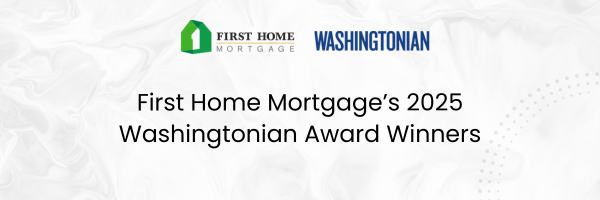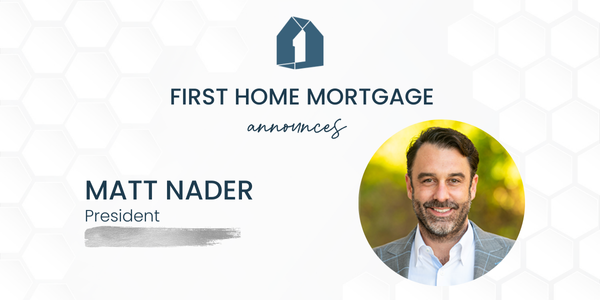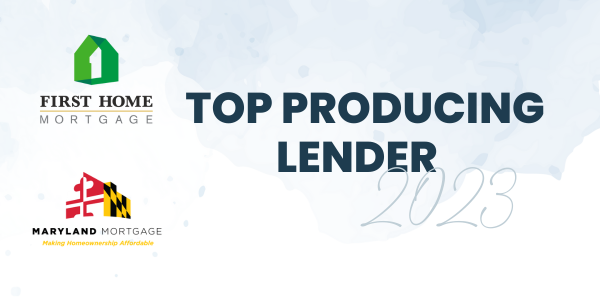As the days grow longer and the air starts to warm, it’s time to shake off the remnants of winter and welcome the freshness of spring into our homes. Whether you’re a seasoned homeowner or renting your first apartment, preparing your living space for this vibrant season can bring a sense of renewal and energy. Here are some tips to get your home ready for the beauty of spring.
Declutter and Deep Clean
There’s no better way to kick off the season than with a thorough decluttering session. Start by going through each room and identifying items you no longer need. Donate clothes that no longer fit, books you’ve already read, and kitchen gadgets that have been gathering dust.
Once the clutter is cleared, dive into a deep cleaning session. Dust corners and ceiling fans, vacuum under furniture, scrub baseboards, and wash windows to let the spring sunshine pour in unimpeded.
Bring in Greenery
Spring is all about new life and growth, so why not bring some of that freshness indoors? Add houseplants to your living spaces to improve air quality and brighten up the ambiance. Choose low-maintenance varieties like snake plants or pothos if you’re new to plant care.
For those with outdoor space, consider planting a small herb garden or potted flowers. The act of nurturing these plants can be therapeutic, and the results will enhance your home’s exterior.
Check Your Outdoor Spaces
After months of cold weather, your outdoor spaces may need some attention. Start by inspecting your garden or yard. Remove any debris that has accumulated, trim back dead branches, and prepare the soil for planting.
If you have a deck or patio, give it a good scrubbing to remove dirt and grime. Check for any loose boards or nails that need attention. Consider adding some outdoor furniture or updating your cushions for a fresh look.
Refresh Your Decor
Spring is the perfect time to swap out heavy winter decor for lighter, brighter options. Pack away the thick blankets and flannel pillow covers, and bring in lightweight throws in pastel colors. Consider updating your throw pillows with floral or geometric patterns for a pop of springtime charm.
A simple change of curtains can also make a big difference. Opt for sheer or light-colored curtains that allow natural light to filter through, creating an airy and inviting atmosphere.
Prep Your HVAC System
Before the heat of summer arrives, take some time to ensure your HVAC system is ready for the warmer days ahead. Change the air filters to improve air quality and efficiency. Consider scheduling a professional tune-up to catch any potential issues early.
If you use ceiling fans, switch their direction to counterclockwise to create a breeze that will help cool your rooms more effectively.
Welcome the Outdoors Inside
Open your windows and let the fresh spring air circulate through your home. Invest in a few essential oils or scented candles in light, floral scents like lavender or jasmine to create a pleasant ambiance.
Consider creating a dedicated space for spring activities, whether it’s a reading nook bathed in natural light or a cozy corner for indoor gardening projects.
Plan for Outdoor Enjoyment
As you prepare your home for spring, don’t forget to plan for outdoor enjoyment. Clean and inspect your grill if you enjoy outdoor cooking. Check your outdoor furniture for any needed repairs or replacements.
Create an outdoor entertaining area with comfortable seating, perhaps a fire pit for cool spring evenings, and some ambient lighting to extend your time outside after sunset.
Spring is a time of rejuvenation and growth, both in nature and in our homes. By taking the time to declutter, clean, and refresh your living spaces, you set the stage for a season of renewal. Embrace the spirit of spring by bringing in greenery, refreshing your decor, and preparing your outdoor spaces for enjoyment. With these simple steps, your home will be a welcoming haven for the beauty of the season.
So open those windows, let the sunshine in, and enjoy the freshness that spring brings to your home!









